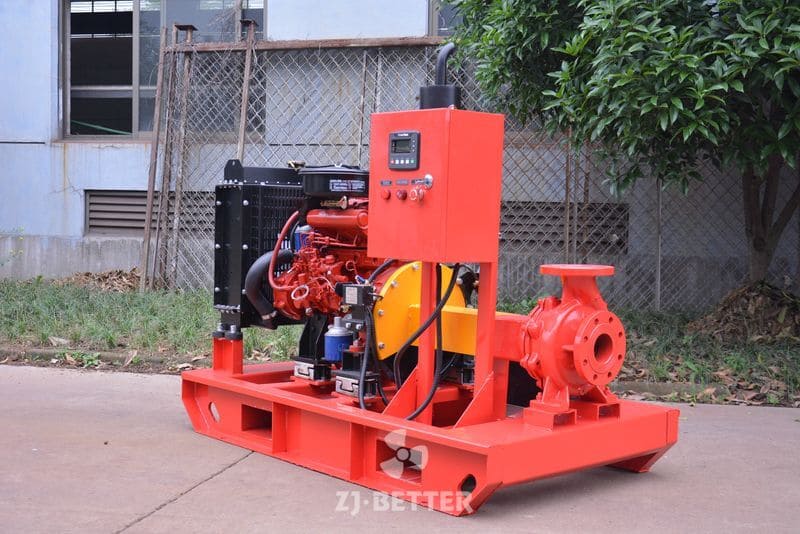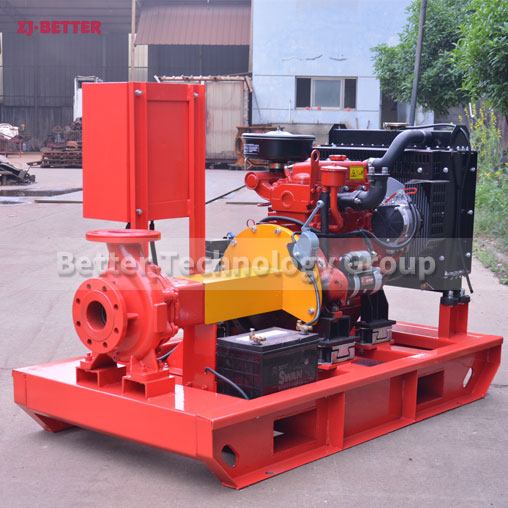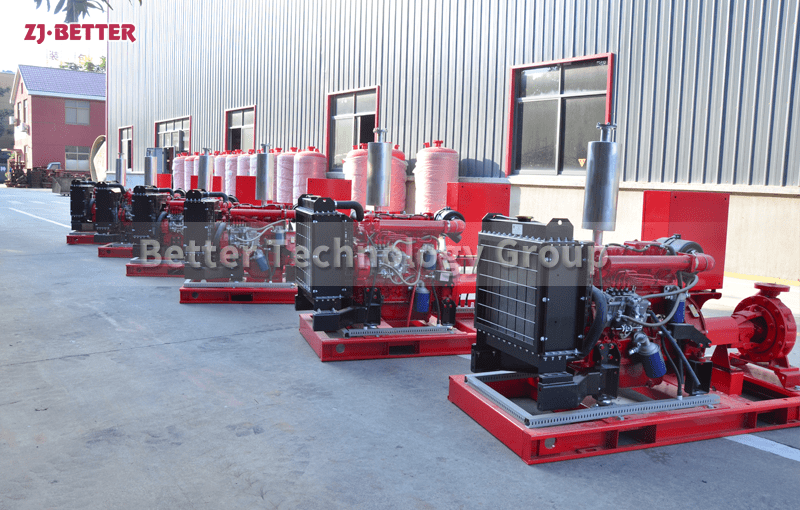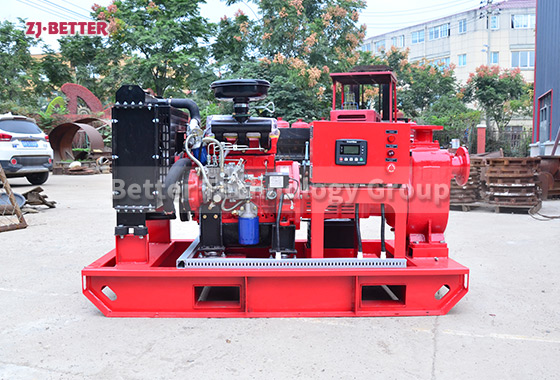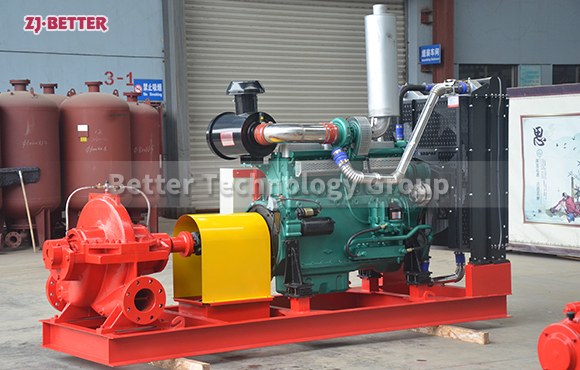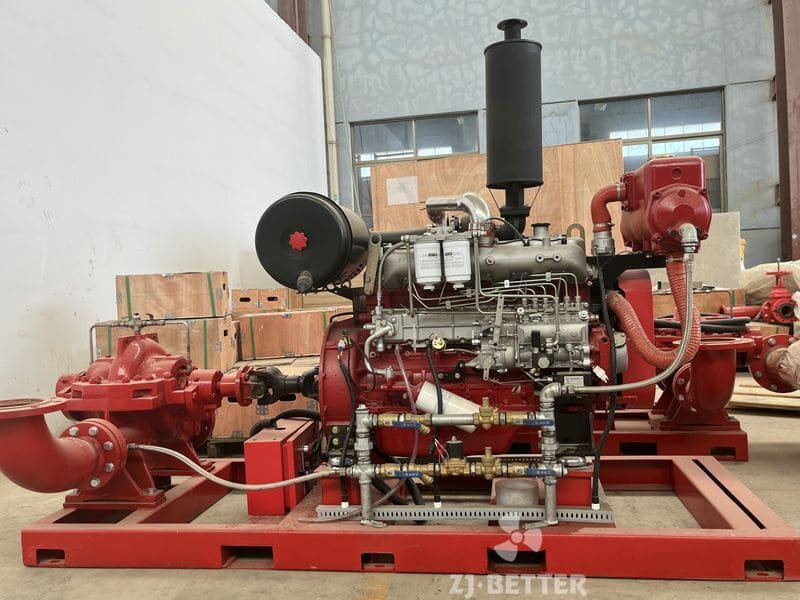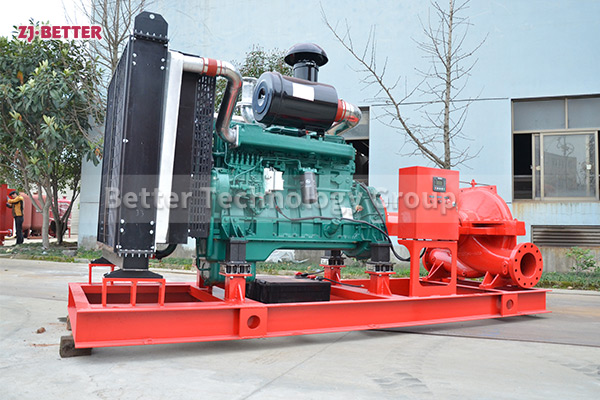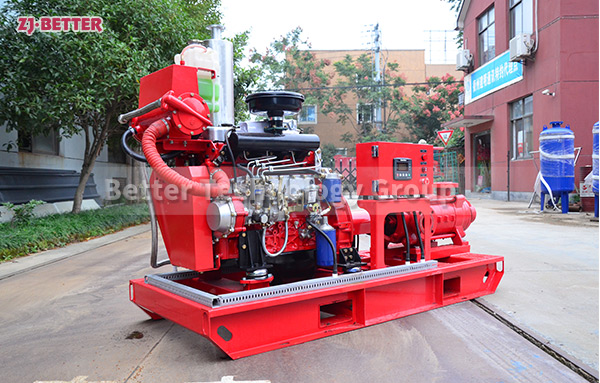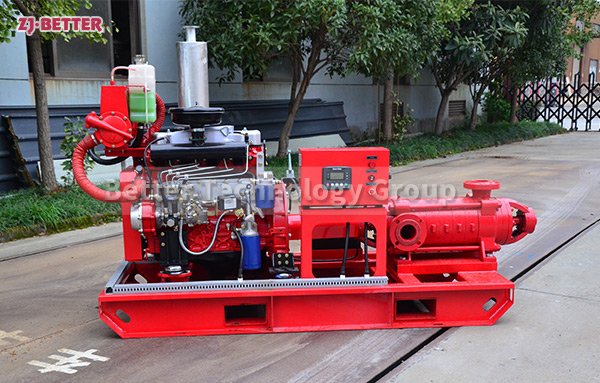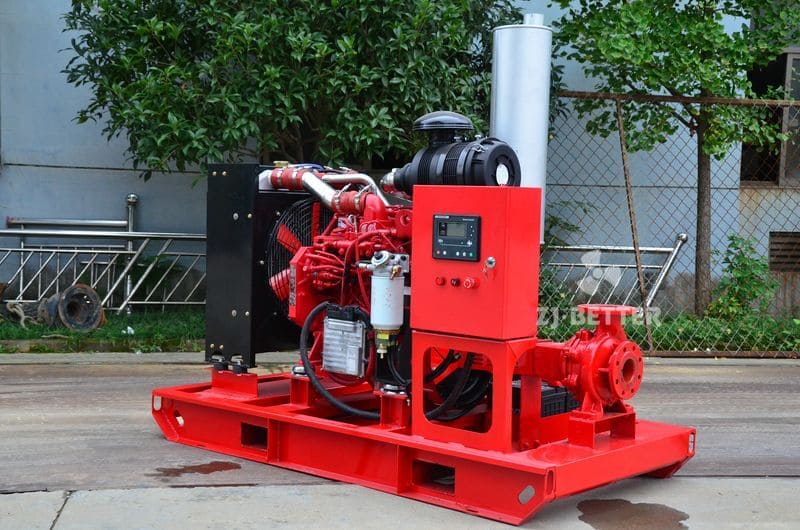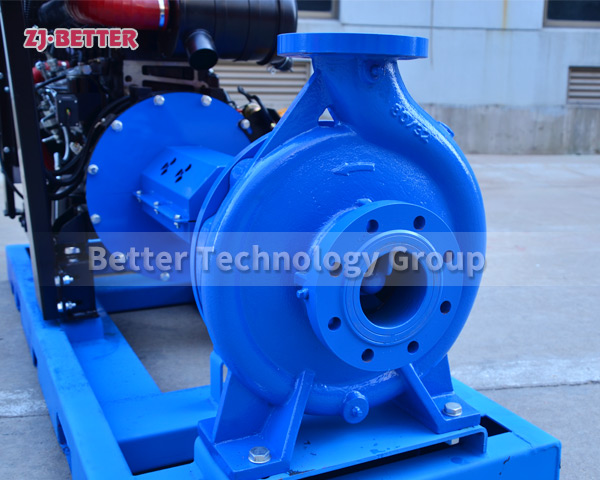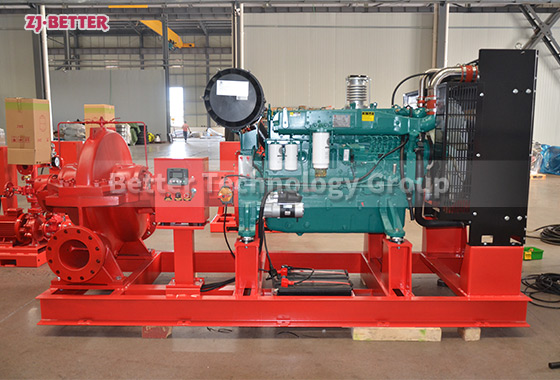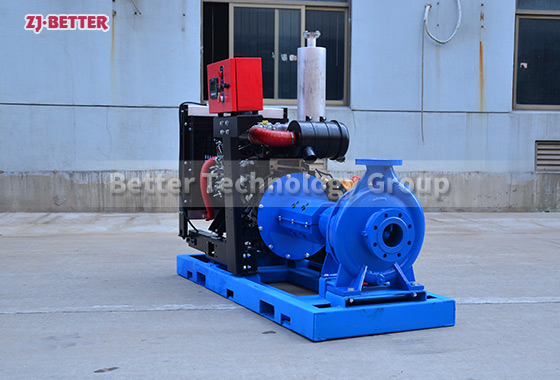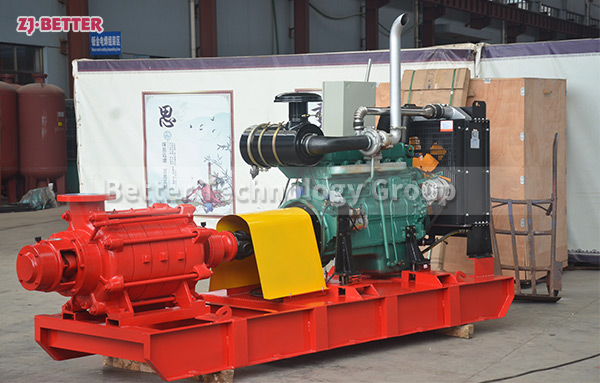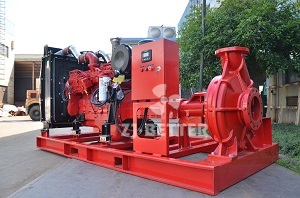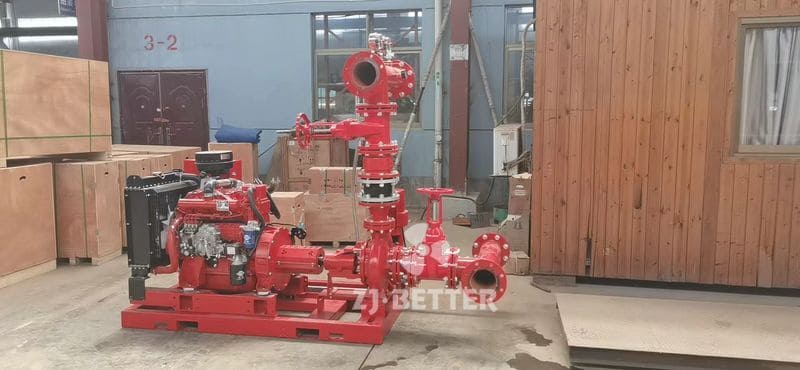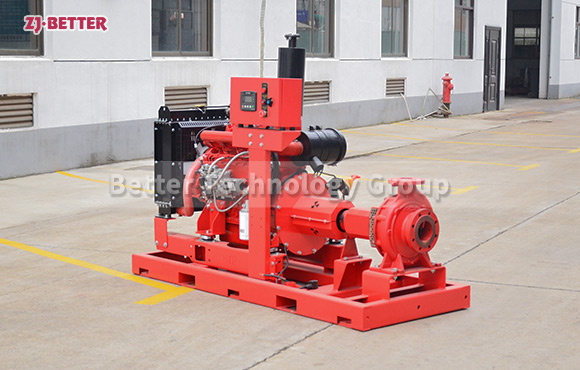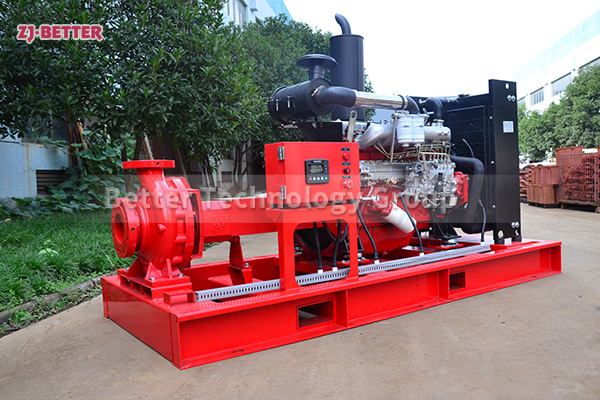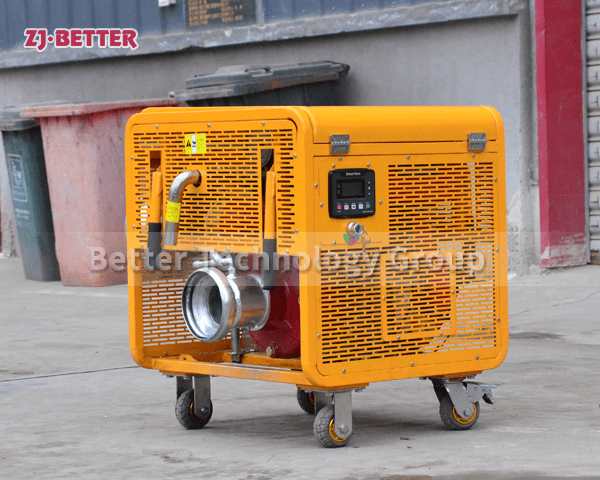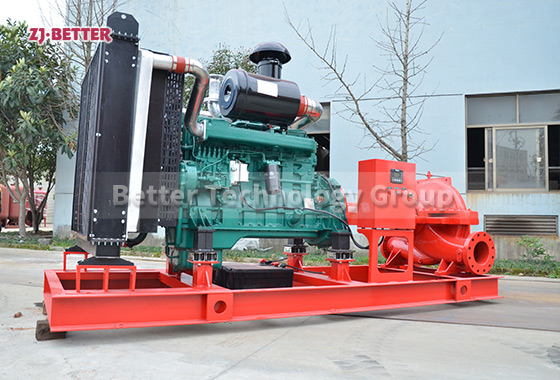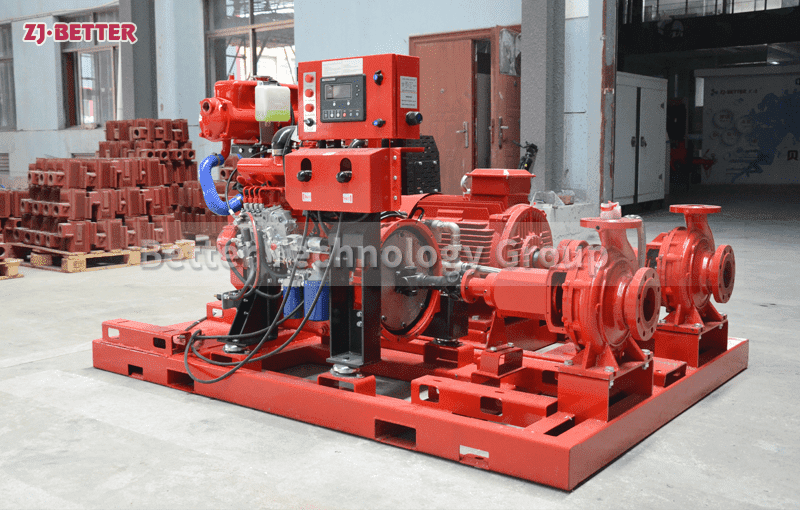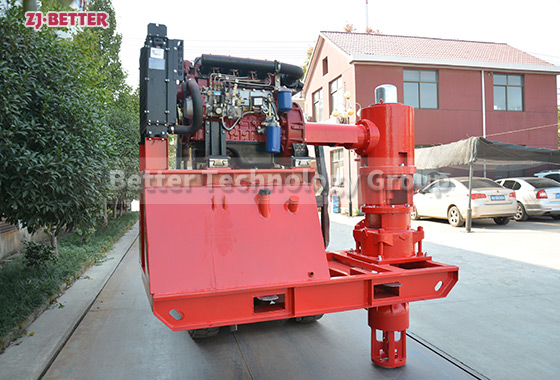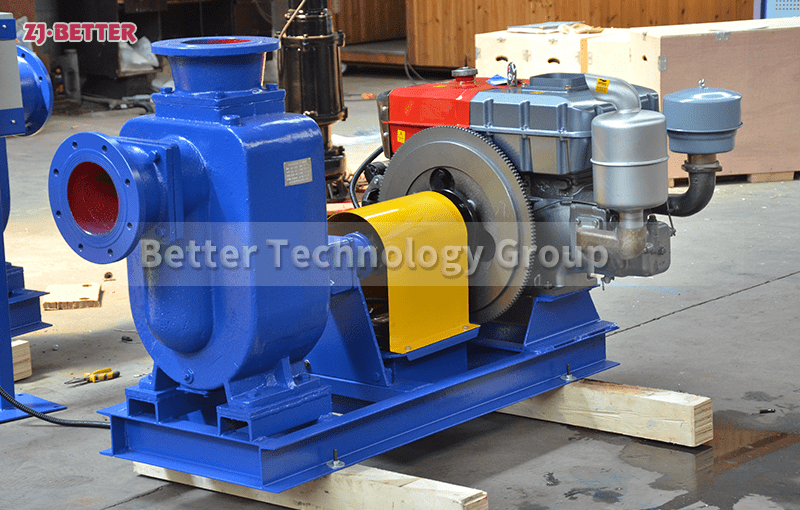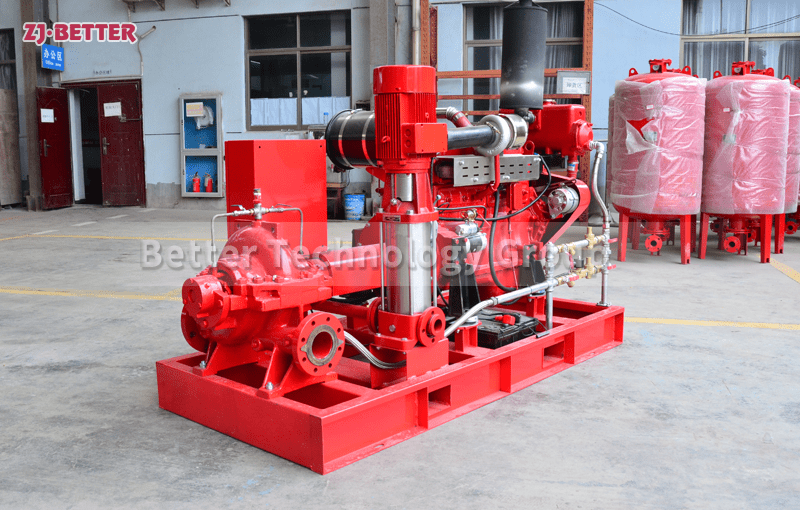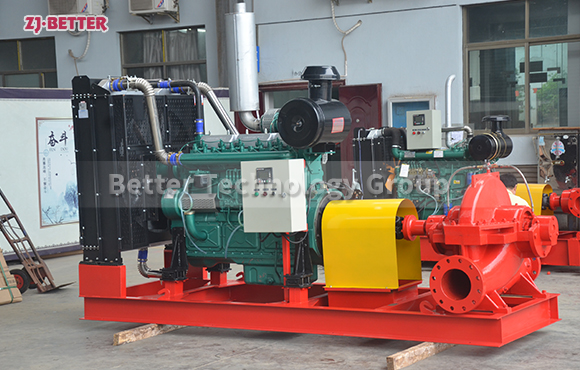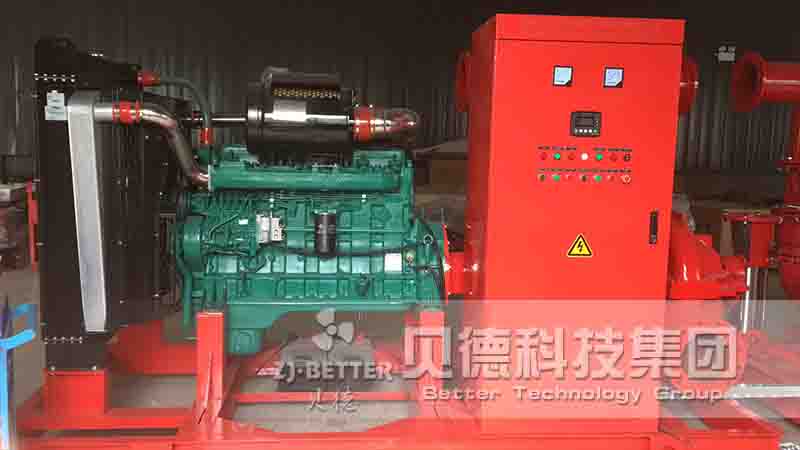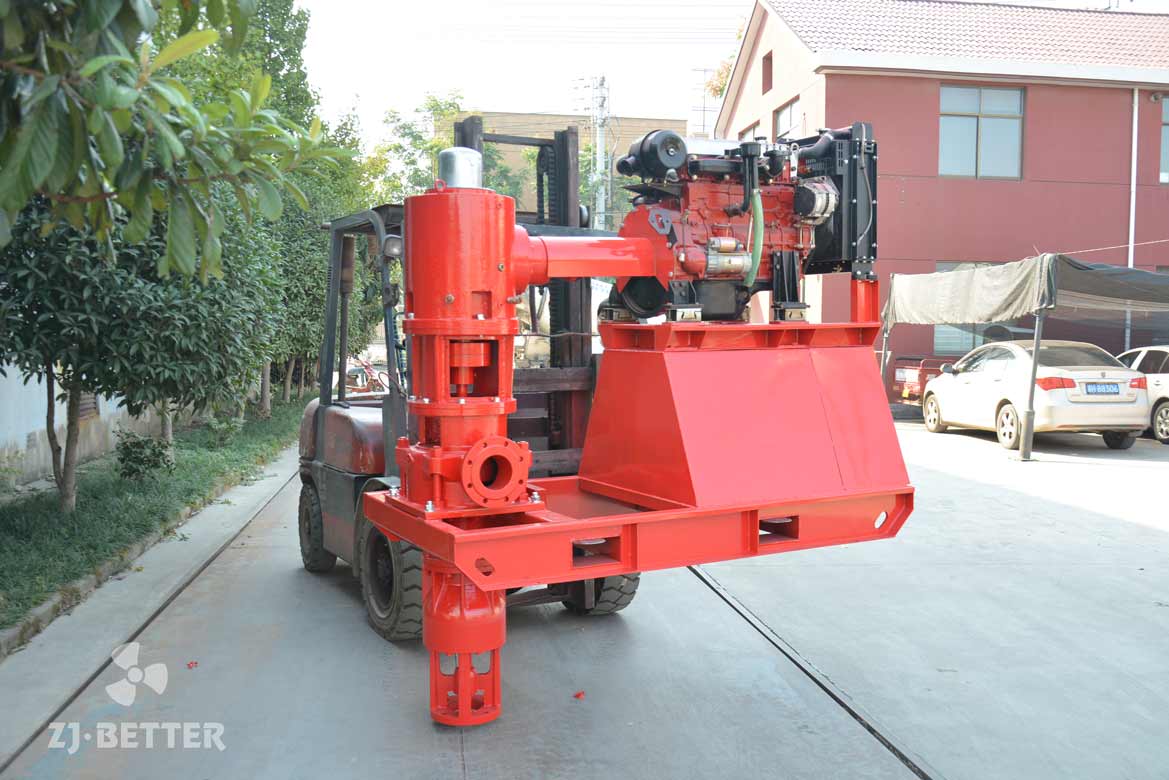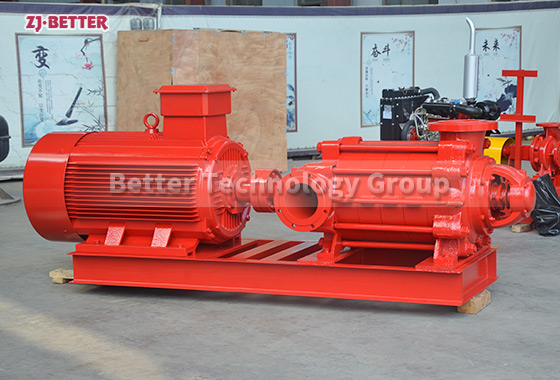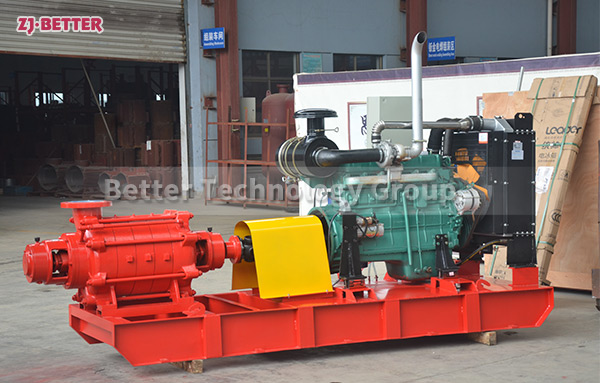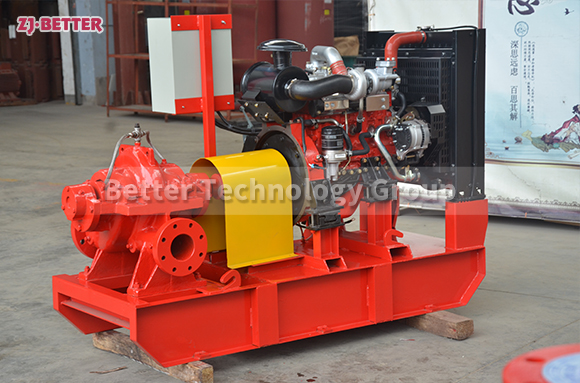Custom Diesel Engine Fire Pump
ISW series horizontal single-stage single-suction centrifugal pump is a new generation of energy saving, environment friendly horizontal centrifugal pump researched and developed by our company, which absorbs advanced technology of similar products abroad and adopts domestic general performance parameters of centrifugal pumps.
In addition, according to different operation temperatures and mediums, we developed the hot-water pump(ISWR), corrosion-resistant chemical pump(ISWH) and oil pump (ISWB). This pump enjoys excellent performance, good reliability, long operation life, reasonable construction and nice appearance, which is outstanding in the industry.
1. The axle seal adopts machinery seal or machinery seal sets, uses imported titanium alloy sealed ring, medium-sized high-temperature resistance machinery seal and adopts the hard alloy material, wear-resisting seal, which can lengthen the life of machinery seal effectively.
2. It is convenient to install and overhaul, no need to dismantle or move pipeline system; just lifting off pump conjunction flat nut can take all rotor parts out.
3. Can choose series or parallel operation according to your requirements for flow and lift.
4. Can be installed horizontally according to the pipeline system requirement.

